Global standards for “land grabs”
- OECD
- 09 July 2009
IFAD is supporting a pilot initiative to promote properly structured ("win-win") agricultural land deals in Ghana.
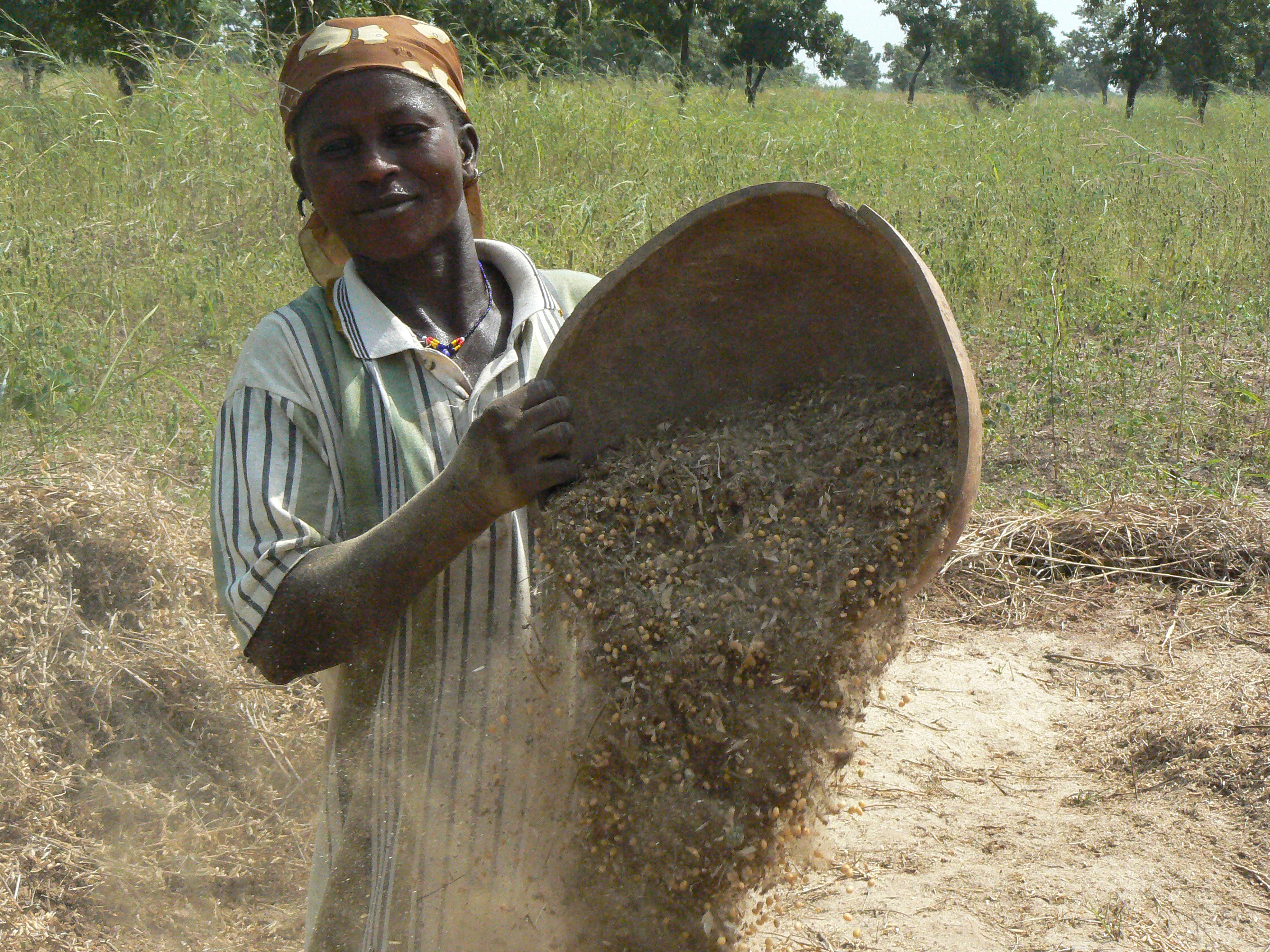
IFAD is supporting a pilot initiative to promote properly structured ("win-win") agricultural land deals in Ghana.
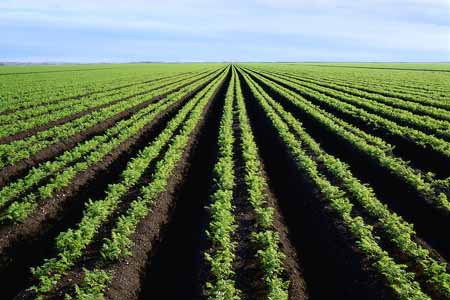
La ruée des investisseurs étrangers vers les terres arables est une tendance lourde du continent africain
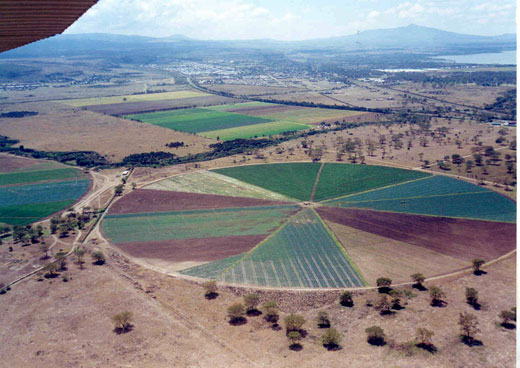
Bien étrange rapport que celui de la FAO sur l’accaparement des terres en Afrique. D’un côté les commanditaires demandent que les populations locales soient consultées et que les droits des paysans soient pris en compte. Mais de l’autre, les chercheurs refusent de parler d’accaparement et dénoncent « un certain nombre de préjugés erronés diffusés par les médias sur ce qu’on a appelé l’accaparement des terres. ».
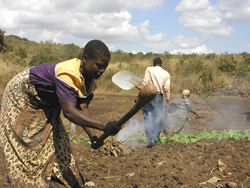
IFAD says that "land grab deals" are opportunities and should be transparent.
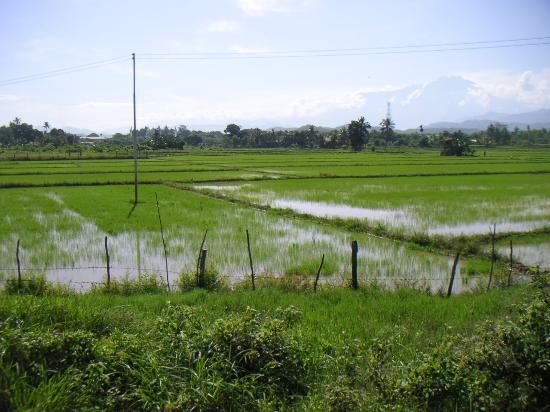
Les investisseurs internationaux jettent leur dévolu sur les terres agricoles – les meilleures et les mieux irriguées. Elles constituent pourtant le moyen de subsistances des populations locales. Mais les gouvernements font peu de cas de celles-ci.
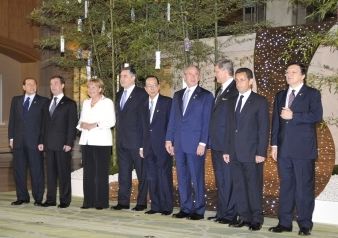
Alarmed by exporters’ trade restrictions, food importing countries have realised that their dependence on the agricultural market makes them vulnerable not only to a surge in prices but, more crucially, to an interruption in supplies.
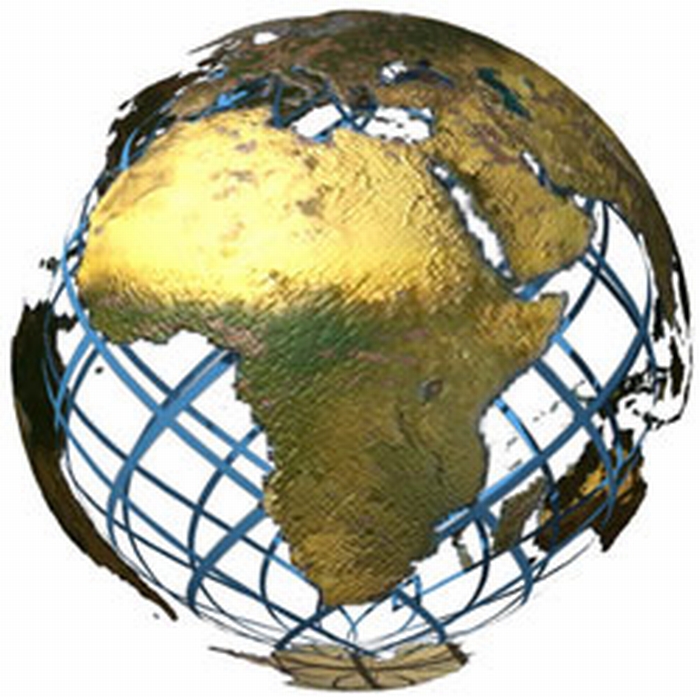
African countries are giving away vast tracts of farmland to other countries and investors almost for free, according to a report published by IIED, IFAD and FAO

A recent jump in rich country land purchases in the developing world has caught the attention of analysts in trade and human rights circles.

Rich nations buying farmland in less developed countries to boost own food supplies should also contribute to improving agriculture overseas, heads of two United Nations' food agencies said.
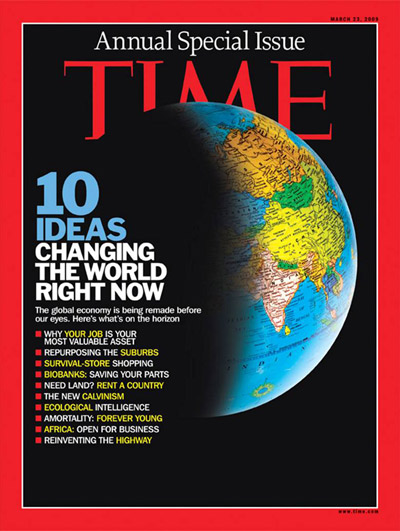
Growing crops for strangers, of course, is nothing new. The long, grim march of colonialism was driven by Europe’s penchant for sugar, tea, tobacco and other crops that don’t flourish in northern climes. But as climate change and growing populations put ever more pressure on the earth, state-backed searches for land and food contracts as part of a national food-security strategy strike many as fundamentally new.
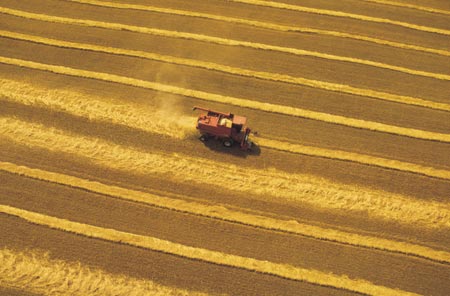
Paper for the International Fund for Agricultural Development's Governing Council meeting
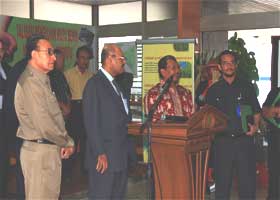
Alarmed by exporting countries’ trade restrictions, importing countries have realised that their dependence on the international food market makes them vulnerable not only to an abrupt surge in prices but, more crucially, to an interruption in supplies.

|
KKR acquires ProTen from Aware Super
|

|
CAR offers land ownership using cryptocurrency
|